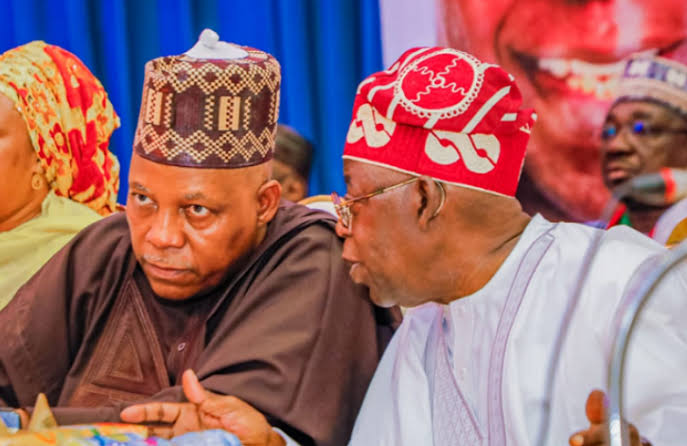When both the President and Vice President of a country like Nigeria are traveling abroad simultaneously, it raises several potential implications for security and the economy, given the unique challenges Nigeria faces. Here’s an analysis:
Security Implications
- Command and Control Risks:
With both top leaders absent, decision-making may become slower, especially in times of emergencies. In Nigeria’s case, with ongoing security challenges such as insurgency, banditry, and communal conflicts, this can leave a gap in leadership response.
- Perception of Vulnerability:
Terrorist groups, bandits, or criminal elements may perceive this as an opportunity to exploit perceived lapses in government focus or coordination. Publicized absences of key leaders might embolden such actors.
- Delegated Authority Concerns:
While constitutional provisions allow for delegation of authority to other officials (e.g., the Senate President or Minister of Defense for urgent matters), the effectiveness of these delegations depends on the readiness and capability of the individuals left in charge.
Economic Implications
- Investor Confidence:
Simultaneous absence of the President and Vice President might signal a lack of prioritization of domestic issues. This could create uncertainty among investors who might worry about the continuity of governance in a crisis.
- Missed Opportunities for Domestic Oversight:
Critical economic reforms or oversight measures might be delayed during their absence. Nigeria’s economy faces challenges such as inflation, unemployment, and declining oil revenues, which require constant attention.
- Potential Benefits:
On the positive side, their travels could bring economic opportunities. For instance, agreements signed during such visits might lead to foreign investments, trade deals, or international support. However, this depends on how effectively the trips are managed and whether they translate into tangible benefits for Nigeria.
Mitigation Measures
Effective Delegation: Ensuring that the acting officials have clear mandates to address any emerging issues.
Rapid Communication Channels: Modern technology allows leaders to remain in close contact with their home country, ensuring timely responses to critical developments.
Transparency and Reassurance: Regular updates to the public about the purpose of the trips and assurances of continued governance can mitigate fears.
Conclusion
While the absence of both leaders simultaneously raises concerns about leadership availability and the perception of government stability, the actual impact depends on the preparedness of the systems in place to manage day-to-day operations. Strong institutions and clear lines of delegation can minimize risks, but it also highlights the need for prioritizing domestic issues alongside international engagements.









